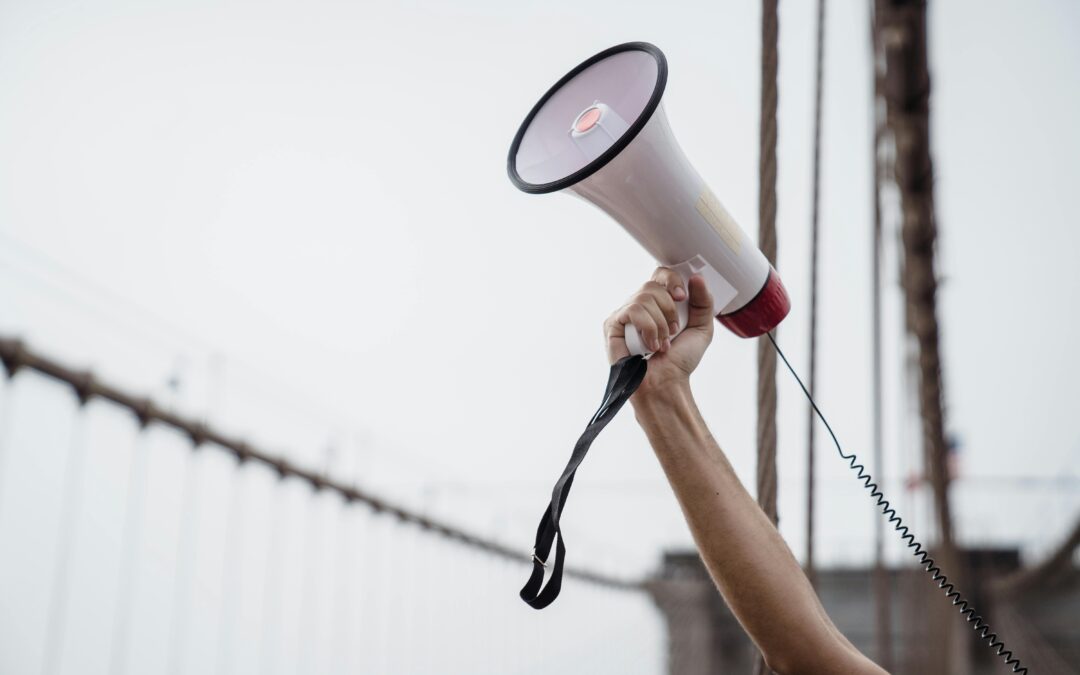Author: Melissa Howard
When I was first diagnosed with bipolar 1 disorder, I was devastated. I couldn’t fully comprehend the complexity of the illness or what it would mean to live with it for the rest of my life. I resisted the diagnosis, avoided medication, and struggled to accept that supporting my mental health would require a profound shift in how I lived day to day.
At nineteen, I longed for a sense of normalcy—to attend university, build meaningful relationships, explore my identity, and carve out a future where I could make a positive impact in my community. I did not want to be bound to a disorder that could wreak havoc on my mood, destabilizing me with just one ill-timed decision or an emotional trigger that others could easily brush off.
Now, twenty-six years later, I can honestly say I’m proud of the life I’ve built while living with bipolar disorder. That pride did not come quickly—it emerged gradually, especially after my last episode of mania and psychosis. For the past thirteen years, I’ve lived in an euthymic state, with only minor mood fluctuations that I’ve learned to recognize and manage early, with the help of a dedicated support team.
As my stability stretched from weeks to months and then years, I began to see the possibility of giving back to the mental health community—without risking my own well-being. My advocacy began gradually and with subtle impact. I started by volunteering with organizations that support mental health initiatives and making monthly contributions to a local mental health facility that provides rehabilitation and care to individuals during their most vulnerable moments. Eventually, I took it a step further, launching a fundraiser for the center and surpassing my goal by more than 200%.
During this time, I also made the decision to write a memoir chronicling my experience with bipolar disorder and chronic post-traumatic stress disorder, which I’ve lived with since childhood and through adolescence into early adulthood. Writing became a deeply cathartic and empowering process. It gave me the opportunity to reclaim my voice and share my truth—a story of pain, survival, and ultimately, hope.
To prepare for the memoir’s eventual release, I began cautiously stepping into the public space through social media. I shared small glimpses of my story to gauge how it felt to speak openly. The response was overwhelmingly positive. I discovered that there is both a need and a space for lived-experience voices—stories that shed light on the realities of mental illness while offering a message of resilience.
When we tell our stories with honesty and vulnerability, we let others know that stability and recovery are possible. We create space for support, empathy, and connection—a community for those who often struggle in silence. Mental illness works hard to lie, manipulate, and isolate. But storytelling helps dismantle those lies and replaces them with truth, compassion, and hope.
Advocacy has opened doors I never could have imagined. I’ve had the privilege of sharing my story on mental health platforms, participating in deliberative dialogues to improve care for those with bipolar disorder, and serving as a panelist for the largest AMA on Reddit focused on bipolar disorder. I’ve connected with inspiring individuals, collaborated with like-minded advocates, and discovered an incredible sense of purpose.
The content of the International Bipolar Foundation blogs is for informational purposes only. The content is not intended to be a substitute for professional medical advice, diagnosis, or treatment. Always seek the advice of your physician and never disregard professional medical advice because of something you have read in any IBPF content.


